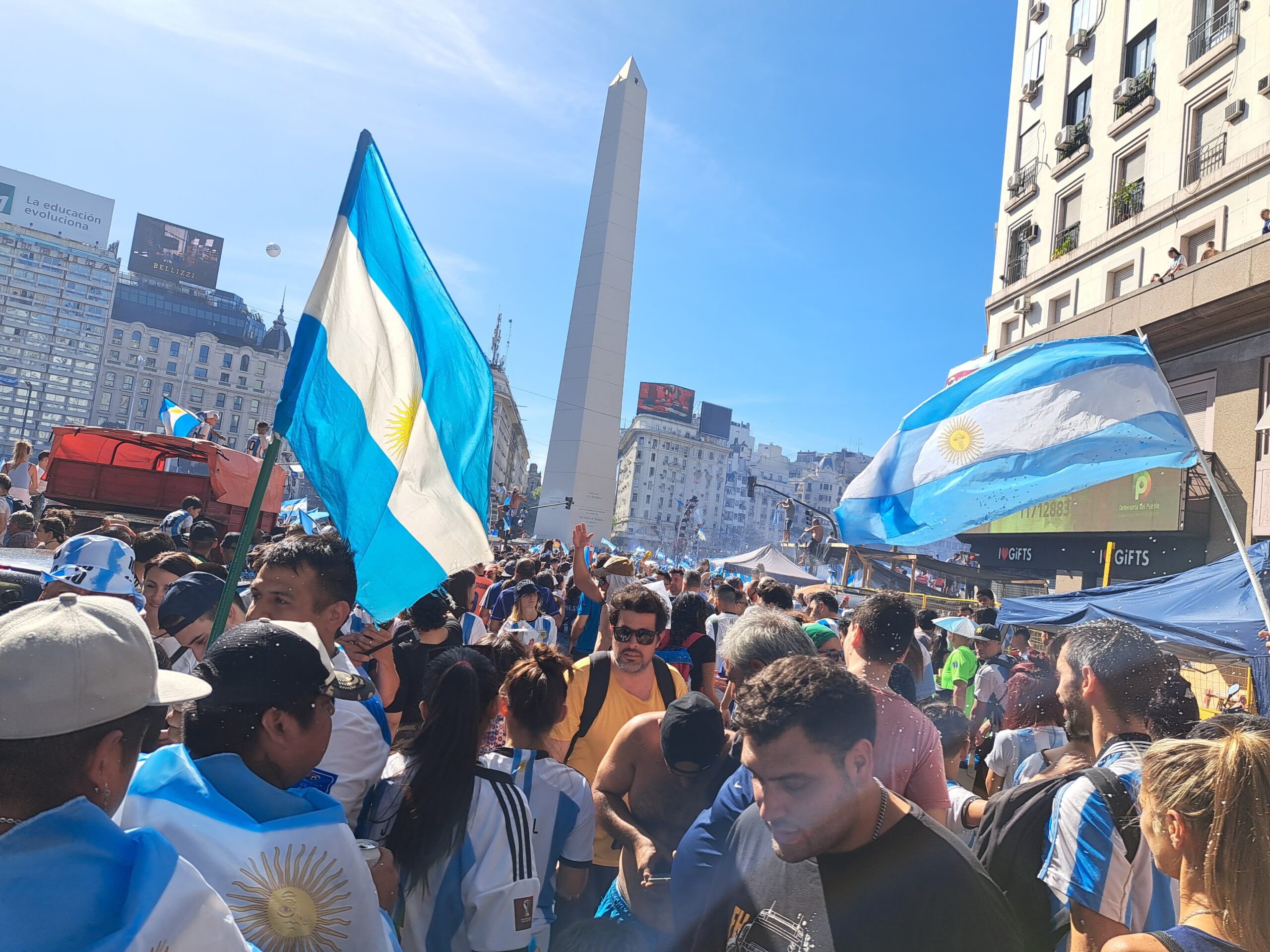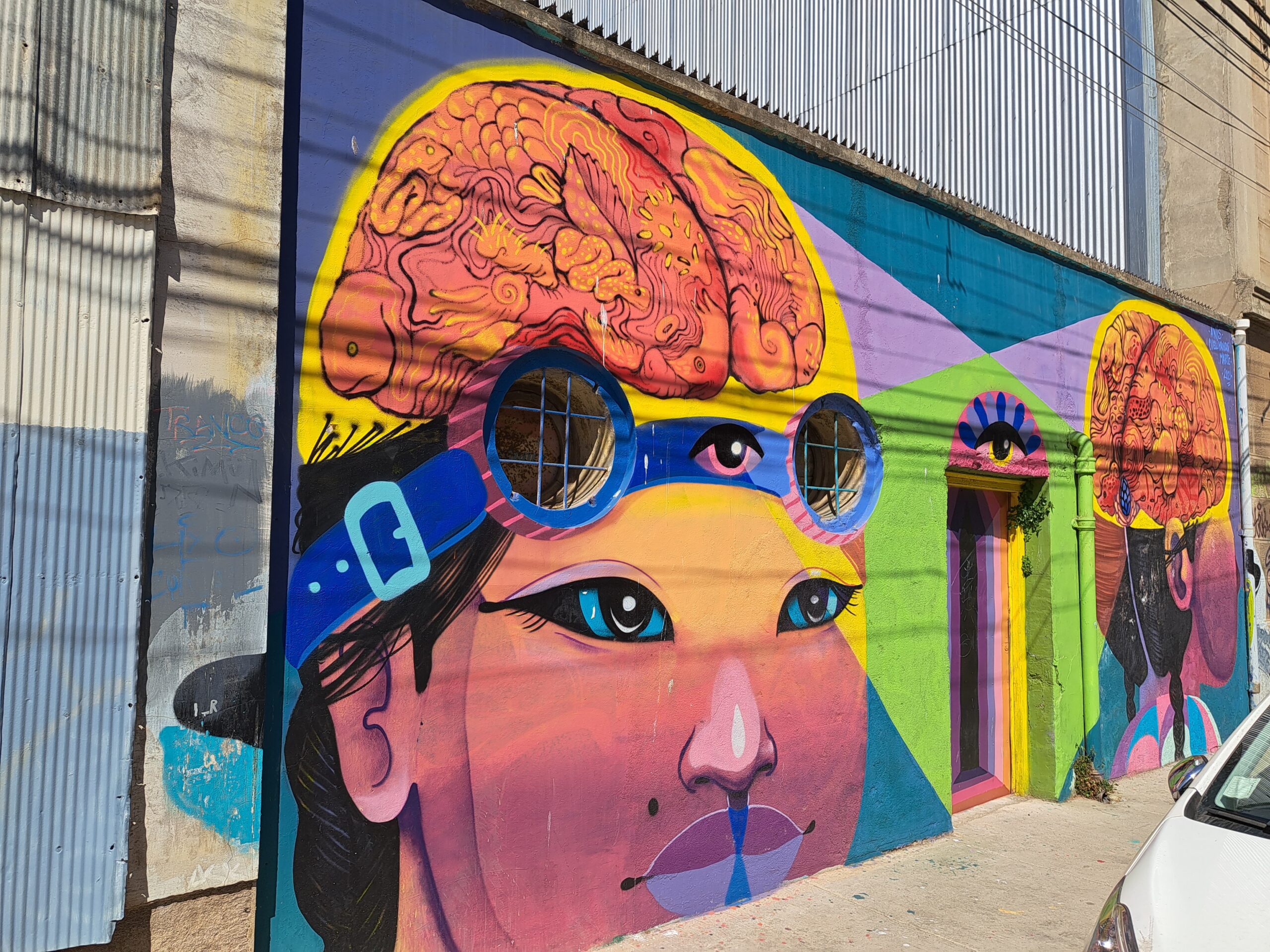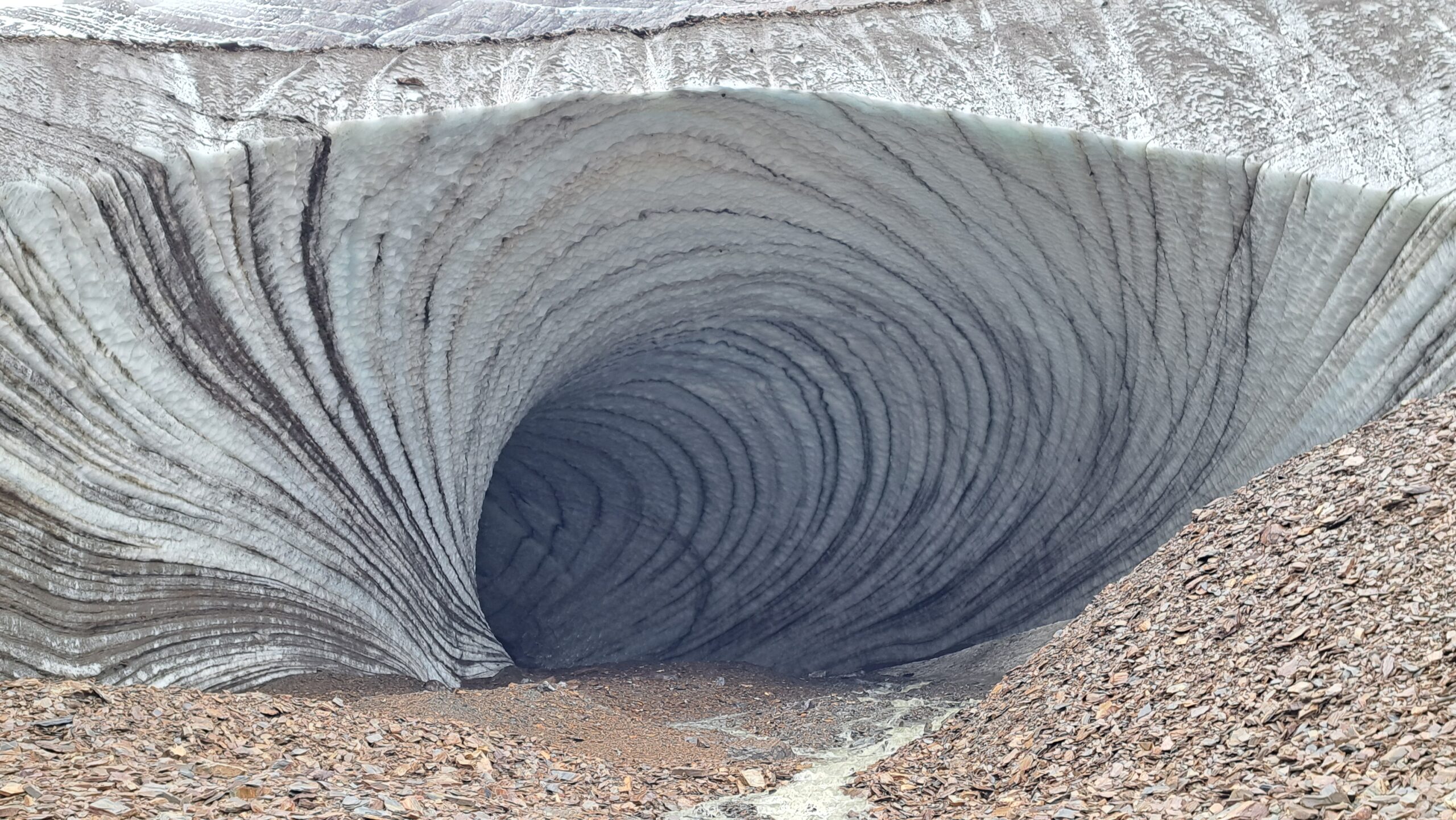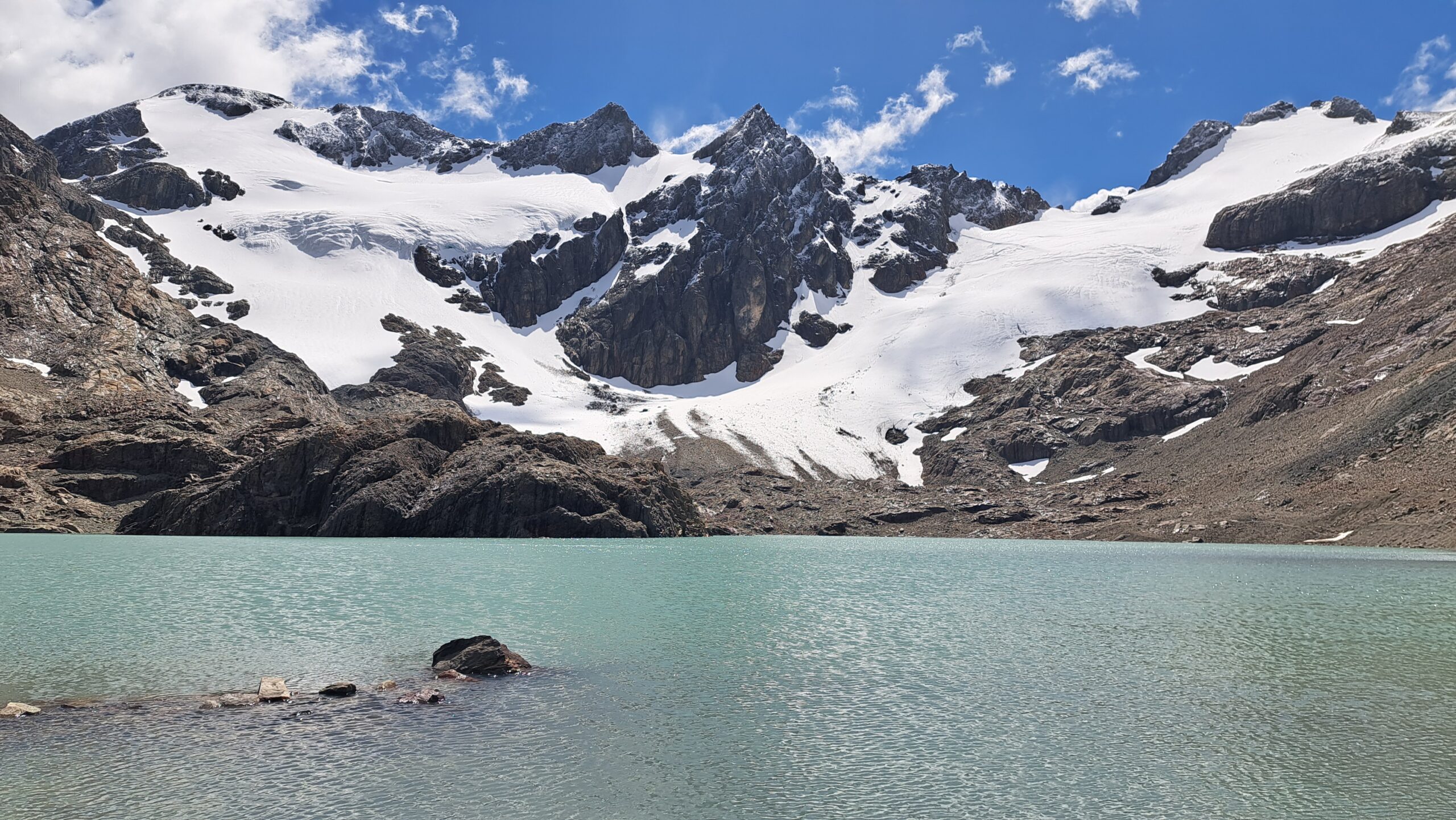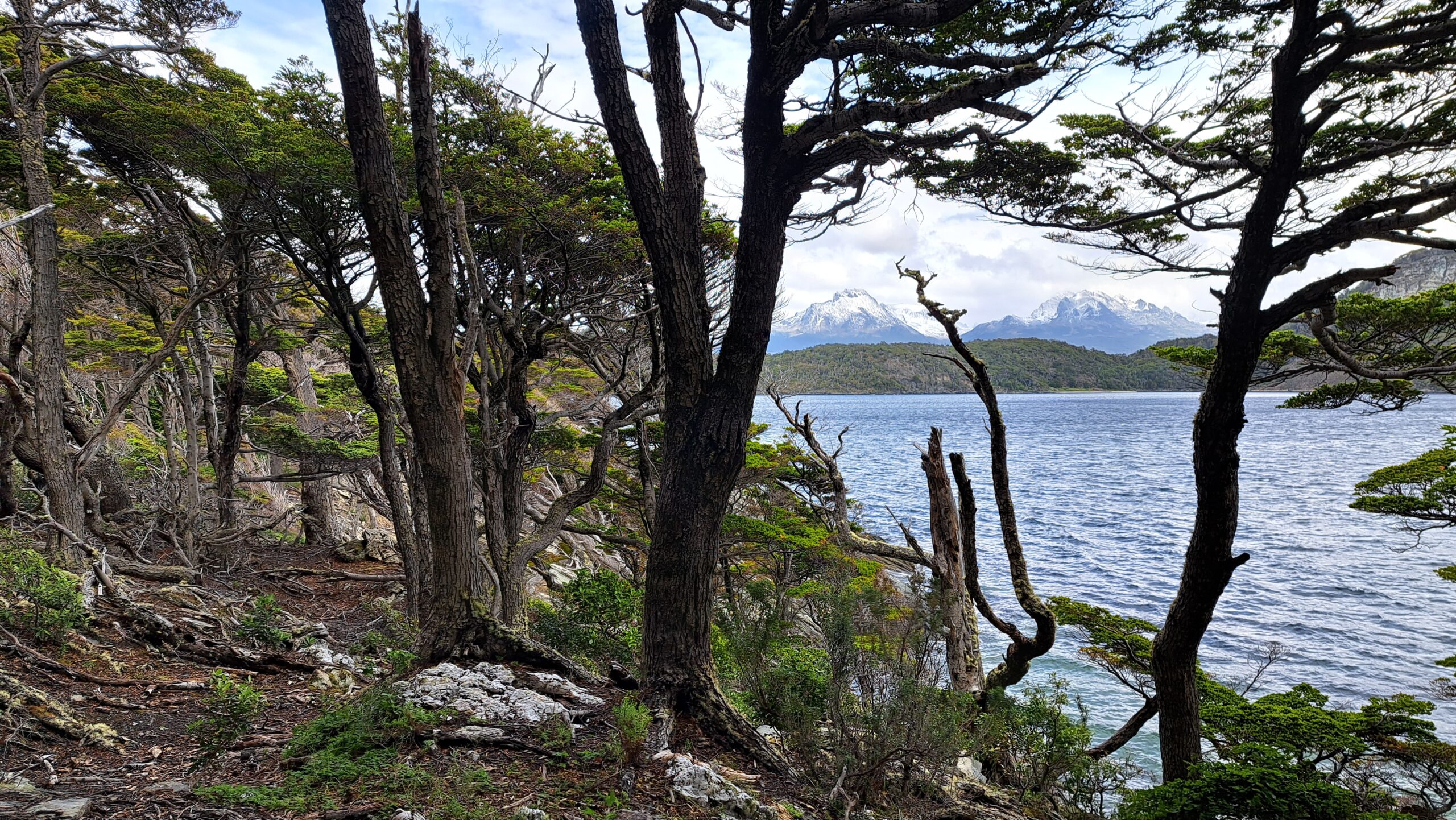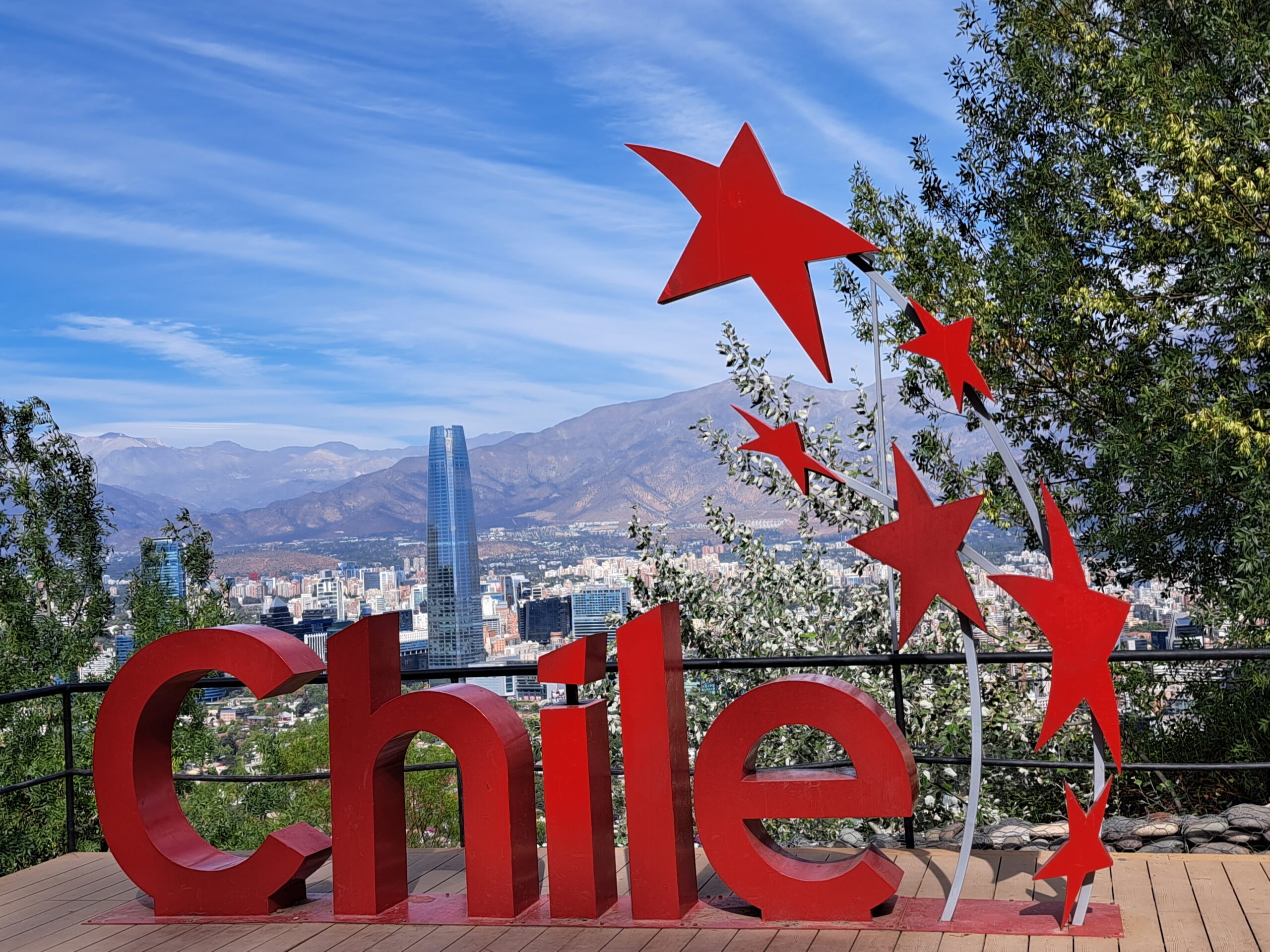
Chile, officially the Republic of Chile, has a land mass of 756,102 square km. Spanish is its national language and Peso (CLP) is its official currency. Chileans refer to their land as a ‘country of poets’. with two Nobel Prize winners in Literature. Its three bordering countries are Argentina, Peru, and Bolivia. Chile is long, exceedingly long, 4270km long to be exact, and as long as it is, as wide it isn’t. It’s narrow, with an average width of just 175km, giving the country a distinct ribbon shape. Its vast length means that it has wildly differing landscapes and climates. Starting with the world’s driest nonpolar desert at the top, the Atacama Desert, down to its cold snowy toes and feet of Patagonia, which is made up glaciers, fjords and lakes. It’s so southerly, that it claims the southernmost village in the world, Puerto Williams, a mere 1000km away from Antarctica as *the crow flies.
The south of the country is home to the Alerce tree, a coniferous tree only native to southern Chile and Argentina; the largest trees in South America and one of the oldest and longest in the world with some specimens living up to 3600 years old. Clearly, for the Alerce trees the land is hospitable, with man’s thirst for logging their main threat, however the land can be equally as unforgiving – what it gives on the one hand, it takes with the other. Wild, rugged and hostile in parts, Chile is punctuated with about 500 active volcanoes. It also holds the unwanted record for the biggest earthquake ever recorded on earth – the Valdivia earthquake, which struck on the 22nd May, 1960 measuring 9.5 on the Richter scale. The catastrophe killed more than 1500 people and displaced 2 million. Unfortunately, Chile is an earthquake hot spot, and this is because of the Nazcar tectonic plate, slides beneath the South American tectonic plate generating massive quakes.
The country has also had its share of man-made disasters, and was catapulted into the international limelight in August 2010 with the collapse of the San Jose mine in Chile, trapping 33 miners 2000 feet below ground. Thankfully, in this instance there was a happy ending in which all of the miners were successfully rescued, although it took almost 70 days to do so. Everybody loves a feel-good ending, so much so that Hollywood even made a movie about it.
However, Chile does have an even darker history, even darker than being trapped in the abject darkness of a mine, and certainly one without a happy ending, especially for those and the families of those that disappeared during General Augusto Pinochet’s 17-year dictatorship, which left 3000 people dead and missing. 50 years on from when General Augusto Pinochet seized power in a bloody coup, many families are still searching for the truth.
Chile appears to be somewhat of an economic, geographic and political outlier in the region, whose economy has constantly been one of the best performing in the region. Cut off from its neighbours in the south by the Atacama Desert and to the east by the Andes, the longest mountain range in the world. They have been accused of aligning themselves politically and economically with the British, with strong economic and cultural ties to the United Kingdom going back centuries. Augusto Pincohet and Margret thatcher forged close relations during their overlapping spells in power. Margaret thatcher then UK Prime Minister was supported by Pinochet during the 1982 Malvinas war much to the chagrin of the Argentinians. (please, see further ‘reading section’ for more information on the conflict).
Perhaps, I should not have been surprised then, that while watching the Holland vs Argentina world cup match in a pub in Santiago there appeared to be no love lost between Chile and Argentina. This became increasingly evident as the locals cheered on every tackle and goal made by the Dutch and jeered the payers donning the blue and white stripes. Whether it’s playful banter, sibling rivalry, bickering, squabbles or something deeper and more entrenched, that is only for the Argentinians and Chileans themselves to say.
I can only surmise that Chile’s isolation and forementioned history have shaped the people’s collective psyche and is in part why Chileans seem a lot more reserved than their fellow South Americans. This is epitomised by having one of the lowest divorce rates in the world, and in fact divorce only became legal in 2005. That said, walking round Santiago people were free: same sex couples walked hand in hand; in Santiago locals expressed themselves with tattoos and clothes marking their subculture. In some ways, from the outside looking in, it seemed to be a land of contradictions – reserved but yet free. As one native perhaps unfairly put it ‘There’s a cloud of depression that sits above Santiago, engulfing those in its shadow’. This seems a tad harsh, but I understood where she was coming from. My first impression was that they are serious people, but as I got to know them my perception changed from reserved to one of genuine and wholesome; the people I met seemed ever so kind with a dry sense of humour, not to dissimilar to the Brits (the humour that is).
Further reading:
https://culturalatlas.sbs.com.au/chilean-culture/chilean-culture-religion
https://www.cfr.org/article/latin-americas-new-economic-model-may-emerge-chile

